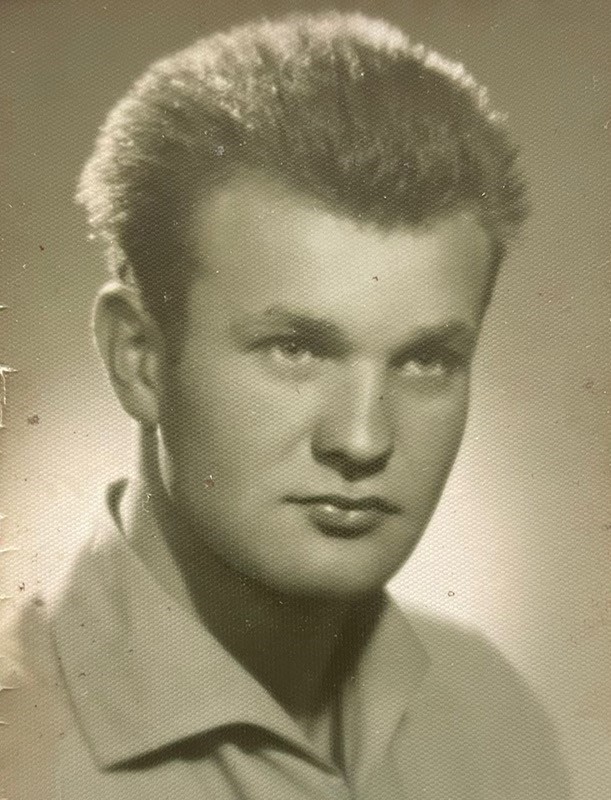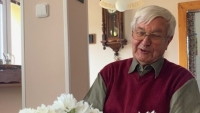If you want something, you have to take care of it.

Download image
Josef Dvořák was born in Úholice, Central Bohemia on 11 June 1942. He went to the kindergarten and the first stage of primary school in the village. He recalls the end of the war, the air raids on Prague and the arrival of Russian soldiers from his childhood. As a boy, he used to hide Russian ammunition at home, which he and his friends found in a pond. He trained as a locksmith and his life was connected with shipbuilding from his youth. Right after school he joined the Czech Shipyard in Libeň. He only ‘skipped’ working there to serve in the military as a driver. In 1968, he joined a strike at the shipyards to protest against the invasion of Warsaw Pact troops. The strike lasted only a few days. He stayed with the company until it ceased operations after 1989. Even under socialism, he tried to travel a lot, visiting Yugoslavia with his family. From the 1990s until his retirement, he worked for a private owner, manufacturing yachts. He retired in 2002. He is married and has two sons, Tomáš and Petr. He lived in Úholičky with his wife in 2023.



